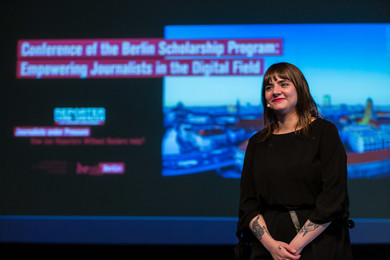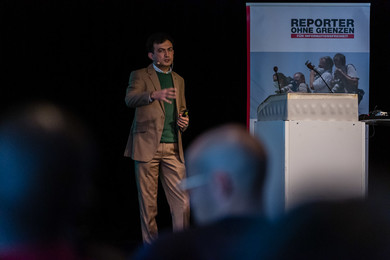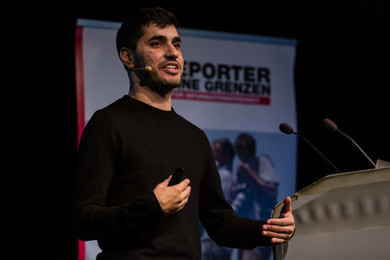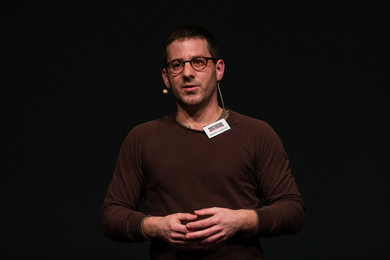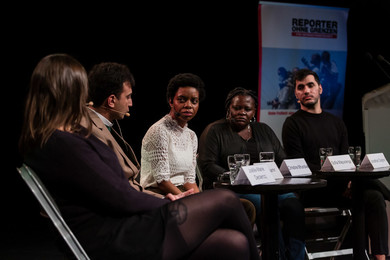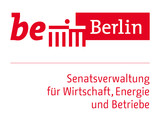Jonathan Dagher (Lebanon): The role of independent news platforms in the #LebanonProtest
With the onset of the protests in Lebanon on October 17, Megaphone, one of the few politically independent news platforms in the country, became a main reference for young people in Lebanon and abroad. Megaphone is a social-media native platform, which poses a challenge to the journalists who make up the team. Online mobs, biased algorithms, advertising costs, and surveillance risks are just some of the challenges that peaked during the revolution. Jonathan, a journalist from Megaphone, discusses these challenges and explains how the team tries to tackle them with the limited means they have.
More about Jonathan Dagher
<iframe frameborder="0" height="315" width="560" src="https://www.youtube.com/embed/FOzF8QvAIDA" allow="accelerometer; autoplay; encrypted-media; gyroscope; picture-in-picture"></iframe>
